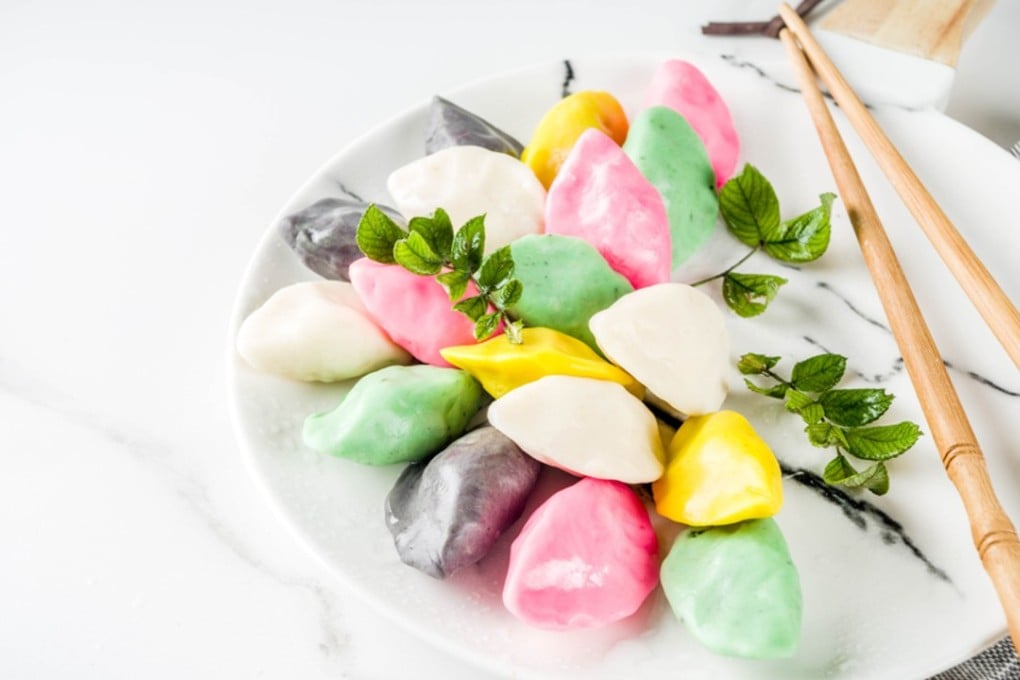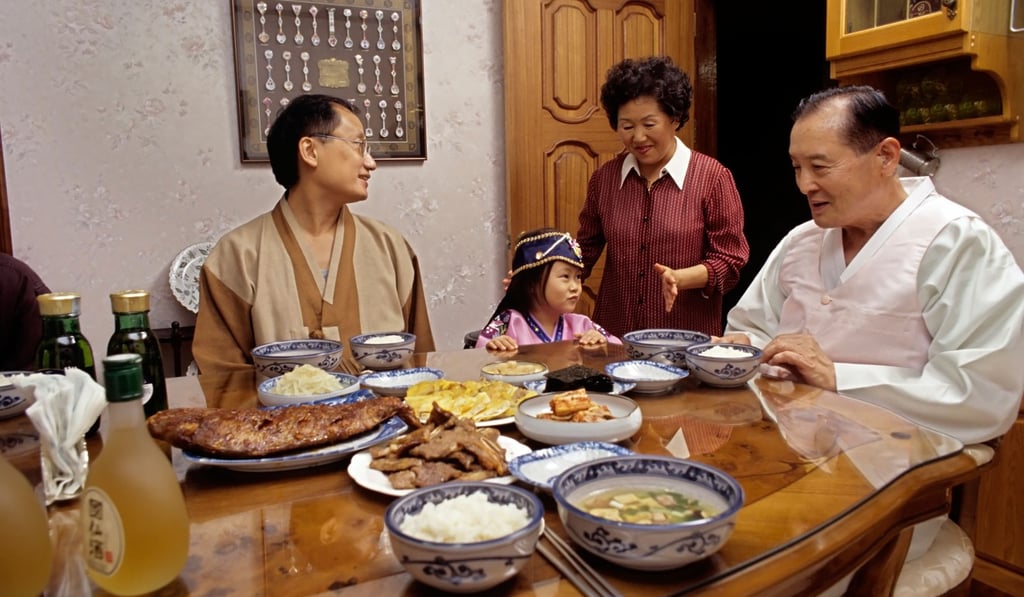Korean vs US Thanksgiving: Chuseok food, traditions and chauvinism
- Thanksgiving in the US and Korea is similar in many ways, but there are notable differences between the two harvest festivals
- In Korea, the Chuseok holiday can reinforce old gender roles and norms

For most of Korea’s history, the harvest festival known as Chuseok has been a time to celebrate. Traditionally, as the harvest is collected and stored for the long winter ahead, people’s thoughts turn to indulging in this season of plenty.
It is a phenomenon seen in many parts of the world, but there are several things that are unique about the Korean version of Thanksgiving, which was celebrated this year from September 23 to 25.
With the US celebrating Thanksgiving next week, we take a look at what these are.
A modern cultural touchstone
Just as how the US needed a national cultural moment to unite a society broken by the Civil War, Koreans have their own modern use for their thanksgiving holiday. Chuseok is a celebration of Korean culture but perhaps more importantly today it serves as a modern cultural touchstone. In a country that has modernised, urbanised and digitalised faster than any other country, the need to celebrate tradition has become increasingly important.
